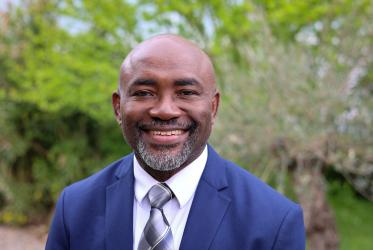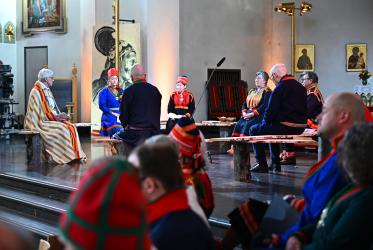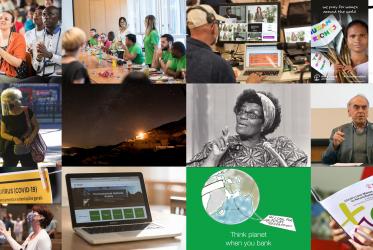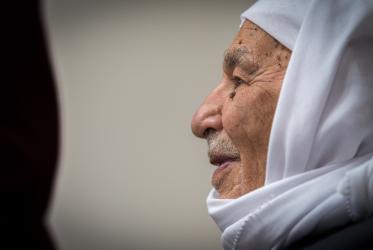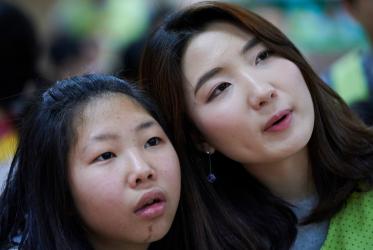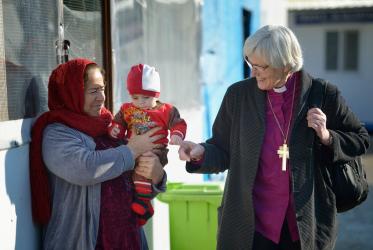Displaying 1 - 20 of 47
19 December 2023
Church of Sweden apologizes to Sámi people, this time in Sápmi
27 October 2022
Women with disabilities want to belong in churches
31 August 2022
Reshaping mission and the church during COVID-19
11 March 2021
CCIA meets in Brisbane with focus on Pacific regional priorities
19 February 2020
Plans for 11th WCC Assembly build excitement across the globe
18 February 2020
Dalit Liberation Sunday empowers grassroots in India
15 October 2018
Church urged to include those with disabilities fully in church life
07 December 2017
“We can’t go back as long as we know we are not secure”
26 January 2017


